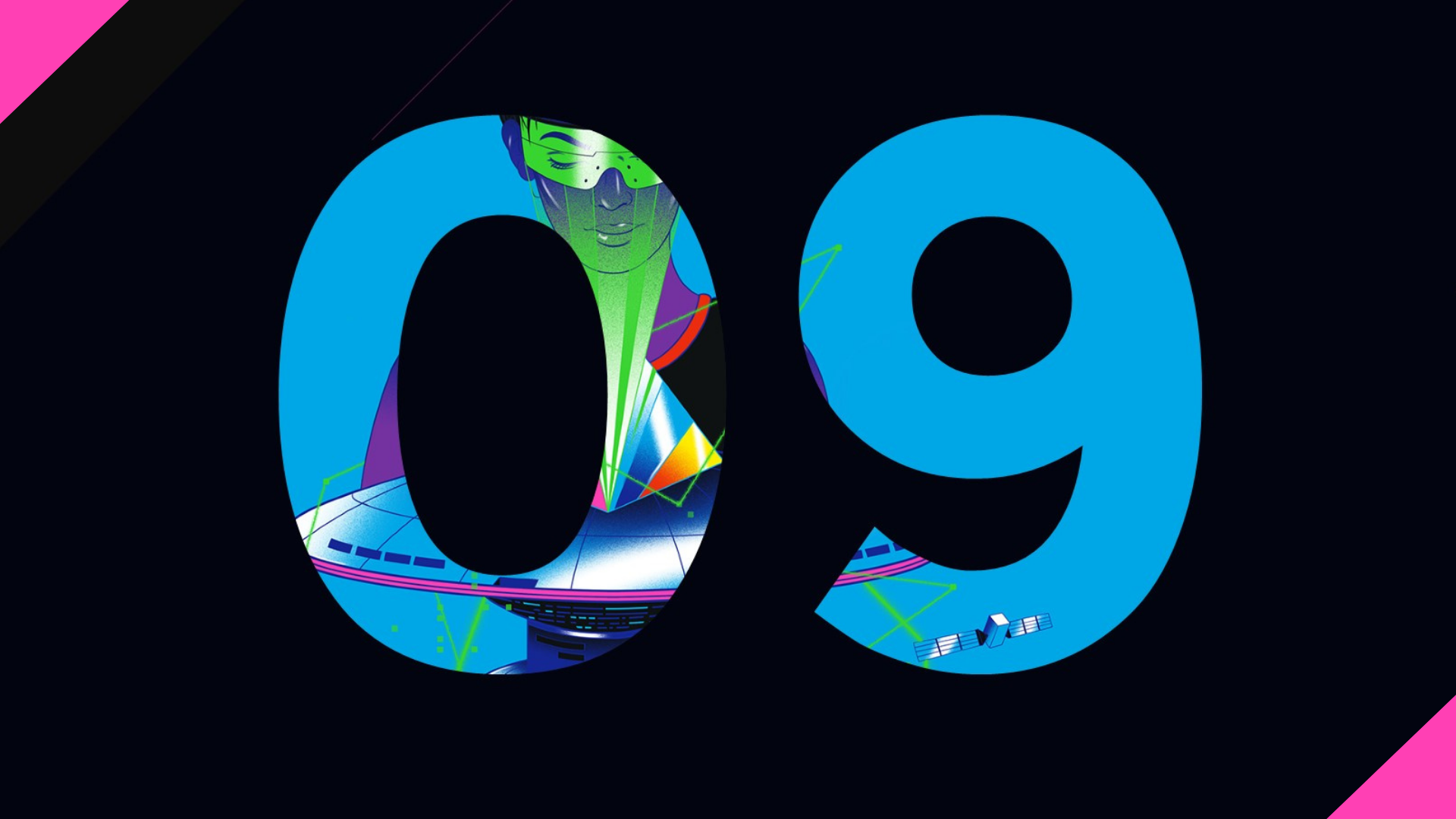-1.jpeg)
Jörg Polzer
08 Nov 09:00 AM
Digitisation and globalisation have forced the sports industry to think differently about how to organise and deliver professional and amateur activities, connect with audiences and consumers, and create long-term value.
The global pandemic has further accelerated this reimagining of sport. As a result, we stand on the edge of a new age of sport, where the winners will understand where to play and how to win amid constantly changing technological innovation and consumer habits, and the evolving social status of sport.
At Infront, we believe there are seven future trends that will also offer the greatest opportunities for rights holders and brands.
One factor already being felt across the sports industry is the emergence of a globalised sports market and the powerful East, driven by surging economic and population growth in Africa and Asia. This flows both ways in sport. Western sports brands are tapping into new markets, mindful of the need to tailor to local conditions and time zones, while investors from Asia are exercising increasing financial control over some of the biggest names in sport. Adding in China’s growing status as a global superpower and the impact of urbanisation and increased wealth on consumer needs across this vast area, it is clear that rights holders and brands must adapt now.
As technology advances, the virtualisation of sports and immersive consumer experiences will transform the industry. Virtual reality is already used to recreate cycling, fitness and dancing experiences, for example, and there is great promise for the future of spectator experiences. This adoption will accelerate as the technology becomes more viable. Esports, with its deeply engaged communities and potential commercial opportunity, will push further into the mainstream. Online streaming will change how events are consumed, and staged, as consumers demand shorter, more engaging formats. However, as this transition occurs, will we lose the shared “human” element of sport?
Sporting activity will be influenced by precision sports medicine and human enhancement. From genetics, wearable tech and nootropics to nutrition, stress management and optimised equipment, this development enables improved performance, prevention, diagnosis, resilience and recovery, as well as new sports formats featuring “enhanced” athletes. However, it will also require unified agreement on ethics and regulation. Is it fair for athletes to undergo performance-enhancing surgical procedures? Does access to the latest technology or medical solutions create an unfair advantage? How will federations and policymakers act?
Sport will provide solutions to social phenomena such as emerging lifestyle diseases and the new health culture. As attention moves from treatment to prevention to cut healthcare costs, physical activity such as running and cycling offers a ready-made answer to improve holistic wellbeing as life expectancy grows. Opportunities abound in the use of digital technology for personal exercise, the provision of sports equipment, and nutrition. There will also be a hot debate over activity reward systems in areas such as health insurance.
As we shape the future of sport, ethics will play an important role. Take data analytics and use of artificial intelligence as an example. The popularity of data-driven insights and AI will boom in the sports industry, as athletes strive for peak performance, fans demand enriched experiences and society looks to improve general health. We can expect to see more data mining through wearables, sensors, cameras and databases, the creation of research centres, and more data-inspired decisions during competition, training and scouting. For fans, digital stadium platforms will enhance engagement, while data will fuel innovation in sports betting. However, concerns over cyber security and privacy need to be addressed.
We are witnessing the decentralisation and erosion of traditional power structures in sport. Sports federations and broadcasters are facing unprecedented disruption, which threatens the traditional way sport is developed and organised. Non-traditional competitors such as social media companies and startups will lead the charge as consumers seek more of a say as spectators and decision-makers, and athletes and clubs will gain deeper influence. Technology such as blockchain will drive diversification in sports investment. As more players enter the field, and power becomes decentralised, what will the implications be for sports development, fair play and regulation?
Finally, sport will undergo a further sensitization to sustainability and value orientation. As the world tackles climate change and a host of social challenges, sport will not escape the microscope – but it can be a powerful platform for change. The environmental impact of major sporting events is well documented, and will need to be addressed. With laws tightening, and as investors seek sustainable opportunities, sport will need transparent sustainability standards. Sport brands will come under increasing pressure to take a credible stand on important social topics. But, will sport finally lose its value as a neutral space?
The world of sport is transforming before our eyes. How are these seven trends influencing the way your organisation is preparing for the future? What are the biggest risks and opportunities? Are there other trends that you think are just as important?
This is the second in a series of three articles designed to foster and encourage dialogue and debate on the topic of “Brave New Sport”, as we seek to explore how rights holders and brands can get ahead of the curve to unlock future opportunities in sport.
Get involved, share your ideas and join the “Brave New Sport” discussion.
-1.jpeg)
Jörg Polzer
VP Strategic Communications, Infront





